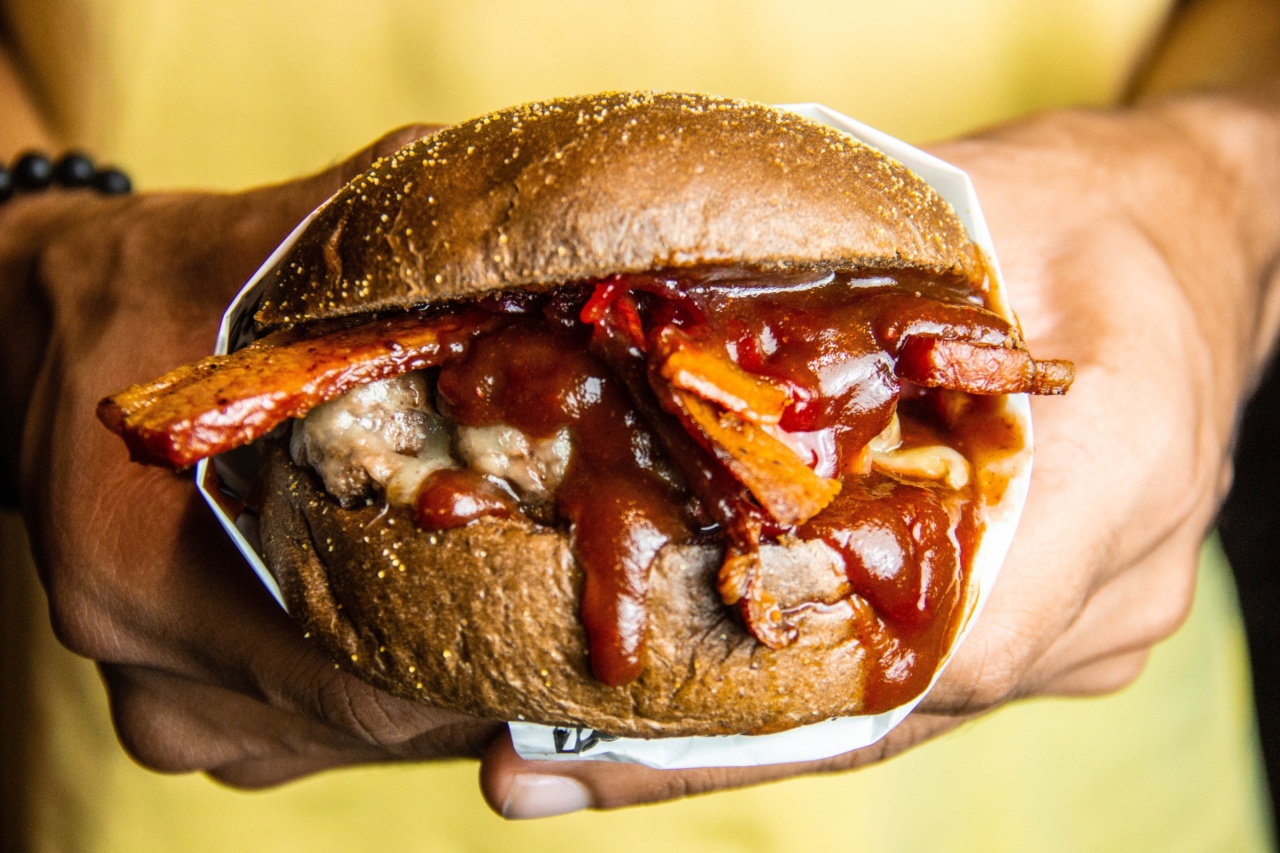There’s no denying that cheese is loved by many. Its versatility and rich flavors make it a favorite ingredient in countless dishes around the world.
However, recent research has raised concerns about the potential health risks associated with consuming large amounts of cheese. It turns out that your beloved cheese may not be as innocent as it seems, and could possibly be putting you at risk for cancer.
The link between cheese and cancer
Several studies have suggested a possible link between high cheese consumption and an increased risk of certain types of cancer. One of the main culprits is the presence of a substance called casein.
Casein is a protein found in milk and dairy products, including cheese. When casein is digested, it releases a compound called casomorphin. Casomorphin has been shown to promote the growth of cancer cells in some studies.
Additionally, cheese is often high in saturated fat, which has been associated with an increased risk of breast and colorectal cancer.
The consumption of high-fat dairy products, including cheese, has been linked to an increased risk of developing prostate cancer in men as well.
The role of additives
Another factor to consider is the presence of additives in many types of commercial cheese. Additives such as artificial preservatives, flavor enhancers, and colorings can have harmful effects on your health when consumed in excess.
Some additives have been linked to an increased risk of cancer, while others may have adverse effects on the immune system.
It’s worth noting that not all types of cheese are created equal. Some artisanal and organic cheeses may have fewer additives and a higher quality of ingredients, which could make them a healthier choice compared to processed cheese products.
Prostate cancer and cheese consumption
Prostate cancer is one of the most common types of cancer in men, and a growing body of evidence suggests that high cheese consumption may contribute to its development.
A study published in the International Journal of Cancer found that men who consumed more cheese had an increased risk of developing prostate cancer compared to those who consumed less or no cheese. The study also revealed that the type of cheese consumed made a difference, with low-fat cheese having a less significant impact on prostate cancer risk.
Colorectal cancer and the cheese connection
Colorectal cancer is another type of cancer that has been associated with high cheese consumption.
A study published in the Journal of the National Cancer Institute found that individuals who consumed the most cheese had a higher risk of developing colorectal cancer compared to those who consumed the least amount of cheese. The study also showed that cheese intake was positively associated with an increased risk of rectal cancer.
Balance and moderation
While the research suggests a potential link between cheese consumption and cancer risk, it’s important to remember that the key is moderation.
Enjoying cheese as part of a balanced diet is unlikely to significantly increase your risk of developing cancer. It’s all about finding the right balance and incorporating a variety of nutritious foods into your daily meals.
Choosing healthier cheese options
If you are concerned about the potential health risks associated with cheese consumption, there are some steps you can take to minimize your risk:.
- Opt for organic and locally sourced cheeses whenever possible. These tend to have fewer additives and provide higher quality ingredients.
- Choose low-fat or reduced-fat cheese options rather than high-fat varieties.
- Limit your overall cheese intake and consume it as part of a well-balanced diet.
- Pair cheese with other healthier foods like fruits, vegetables, and whole grains to create a more balanced meal.
The bigger picture: overall diet and lifestyle
It’s essential to consider that cancer risk is influenced by numerous factors, including overall diet and lifestyle choices. While cheese consumption may play a role, it is just one piece of the puzzle.
To reduce your risk of developing cancer, it’s important to focus on creating a well-rounded, healthy lifestyle:.
- Eat a variety of fruits, vegetables, whole grains, lean proteins, and healthy fats.
- Maintain a healthy weight through regular physical activity and a balanced diet.
- Avoid smoking and limit alcohol consumption.
- Stay up-to-date with recommended cancer screenings.
Conclusion
While the connection between cheese consumption and cancer risk is still being studied, it’s essential to approach any dietary concern with a balanced perspective.
Enjoying cheese in moderation as part of a well-rounded diet is unlikely to significantly increase your risk of developing cancer. Making informed choices, opting for healthier cheese options, and focusing on an overall healthy lifestyle can help minimize potential risks. Remember, it’s all about balance and moderation.































